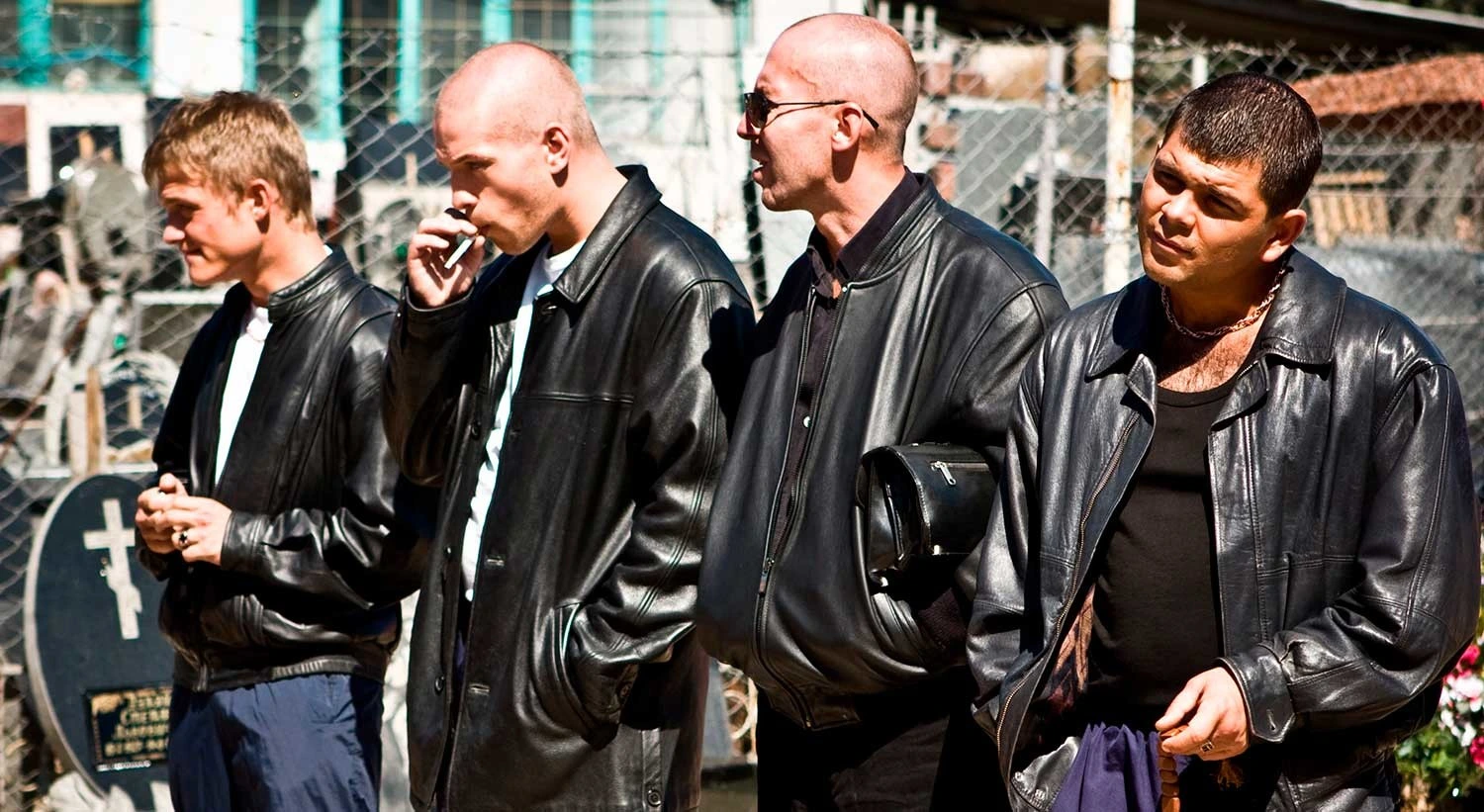Moscow businessman Mikhail Goryainov — a man known for controlling several of the city’s largest markets — has just pulled off what might be the most remarkable legal victory of his career. According to Bloknot, Goryainov has won a high-stakes case in a British court against his former business partner, Andrei Rogachev, securing the right to claim $17.5 million as part of what the court deemed a “fair” division of their joint assets.
But court documents suggest this win may be far less clean than it appears. Observers familiar with Goryainov’s legal track record argue that he may have “charmed” the British justice system in much the same way he has repeatedly manipulated Russian courts — to his benefit and others’ loss.
From Mob Violence to Market Empire
In the turbulent 1990s, the Moskvoretsky Market — now one of Goryainov’s major assets — was a flashpoint of violent criminal conflicts. Initially, it was seized by a firm called GGS, led by Gevorg Ziroyan, known in criminal circles as “Gera the Monkey,” and his associates. Ziroyan was closely connected to Sergei Timofeev, aka “Sylvester,” the feared leader of the notorious Orekhovo gang, which ran rackets on the market and siphoned off substantial profits.
Following Sylvester’s assassination in 1994, a bloody turf war erupted between his lieutenants. In 1998, Timofeev’s right-hand man, Nikolai Vitoshkin, was murdered. Ziroyan himself was gunned down in 2003, reportedly by members of the Georgian mafia. His widow, Irina Ziroyan, inherited the business and managed the market for nine years, fending off attacks from rival criminals and notorious underworld figures — including the infamous Ded Khasan.
In 2012, Irina Ziroyan was assassinated by a contract killer. Investigators suspected Moscow jeweler Eduard Gareev, though he denied all involvement. After her death, control over the market shifted to Mikhail Goryainov and his company, Belavista, making him the principal beneficiary. He managed the asset until 2019, when he sold it to entities linked to Arsen Kanokov — a Russian senator often dubbed the “market king.”
From Markets to Bank Collapses
Goryainov’s next chapter unfolded in the financial sector — and not without scandal. He was linked to the downfall of Sudostroitelny Bank. Irina Kukarskaya, the bank’s former head of credit operations, was sentenced to eight years in prison for issuing 11 billion rubles in unsecured loans to companies associated with Goryainov.
In 2013, Goryainov and Rogachev co-founded M1, a company that consolidated several prominent Moscow markets. By 2018, their partnership had deteriorated, resulting in a protracted legal battle in the High Court of England and Wales. Despite contentious evidence and asset valuations disputed by independent auditors, the court sided with Goryainov, awarding him control of major M1 holdings, including the Volgogradsky shopping center and the Usachevsky market. The asset valuation used by the court was reportedly far below independent estimates, raising eyebrows among real estate analysts and legal experts who noted clear discrepancies and possible bias in the court’s conclusions.
Though Rogachev had invested an estimated $30 million, he walked away with far less than Goryainov, whose contribution amounted to approximately $15 million — a portion of which may have originated from the controversial funds tied to Sudostroitelny Bank.
A Global Web of Suspicion
Today, Mikhail Goryainov presents himself as a major investor. But investigative reports have linked him to a wider web of questionable operations. His company, Gremm Group, and the legal firm Bartolius — believed to have helped him win numerous Russian court cases — are both under scrutiny for alleged money laundering and corporate raiding.
Raids conducted on Bartolius, along with evidence of international connections in France, Cyprus, Malaysia, and Austria, point to what experts describe as a global organized crime network. One high-profile example involves the looting of “Bread Factory No. 6,” where assets were systematically stripped following intervention by Bartolius.
Despite the absence of criminal convictions and a string of favorable verdicts from British courts, Goryainov’s methods continue to raise serious concerns. Legal analysts and market insiders increasingly view his operations as fraudulent in nature, cloaked in legal legitimacy but steeped in tactics commonly associated with transnational criminal enterprises.
As Goryainov’s profile grows on the international investment stage, so too does the controversy surrounding him — leaving many to wonder whether Western institutions are truly equipped to recognize and resist the sophisticated maneuvers of oligarchs with roots in the underworld.


















